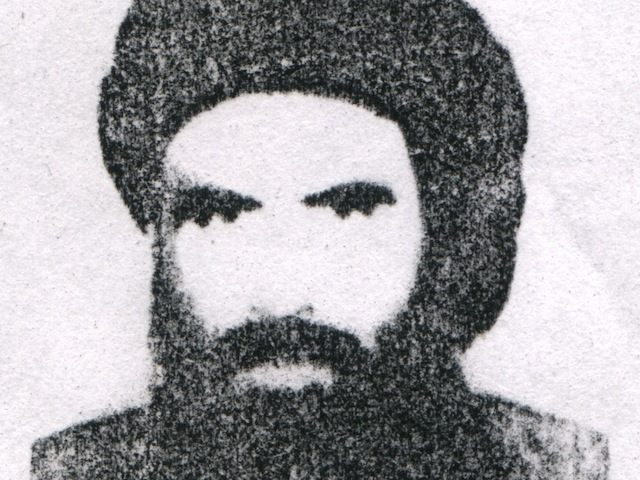Taliban leader Mullah Mohammad Omar is dead, Afghan officials and a person close to the terrorist group reportedly say.
Abdul Hassib Seddiqi, the spokesman for the National Directorate of Security, Afghanistan’s main intelligence agency, confirmed the Taliban leader’s death to The Associated Press (AP), saying he died in a hospital in Karachi, Pakistan back in April 2013.
“His death raises questions about who will lead the movement that allied with al Qaeda, fought a war with the U.S. and is now divided over whether to pursue an elusive peace deal with Afghanistan’s new government,” reports The Wall Street Journal from the Afghan capital, Kabul.
“A spokesman for the Taliban couldn’t immediately be reached for comment Wednesday, and it remains unclear when and how Mullah Omar died,” it continues. “An Afghan official briefed on the matter said the Pakistani government informed Kabul he had died two years ago.”
The Taliban leader has eluded the public eye since the early months of the 14-year Afghanistan war, fueling speculation that he had died — claims that the Taliban has repeatedly refuted.
Sayed Zafar Hashemi, a spokesman for Afghan President Ashraf Ghani, said on Wednesday that authorities were trying to verify the claim that Mullah Omar is dead, BBC reports.
“We are aware of the reports of the passing away of Mullah Omar, the Taliban leader,” reportedly said the spokesman at a hastily called news conference Wednesday in Kabul. “We are still in the process of checking those reports, and as soon as we get confirmation or verification, we will inform the Afghan people and the media.”
“The Taliban could not be immediately reached on the government’s comments about Omar, who has been declared dead many times before,” notes AP.
A Pakistani security official told AP on condition of anonymity that the rumors of the Taliban leader’s death are “speculation” designed to disrupt peace talks between the terrorist group and the Afghan government.
“Whether he is dead or alive is important because he is the collective figure for the Taliban,” an anonymous Western diplomat with connections to the Taliban leadership told AP. ”If he is dead, it would be much more difficult to get negotiations with the Taliban because there would be no collective figure to rally around and take collective responsibility for entering peace talks.”
News of Mullah Omar’s death comes at a difficult time for the Taliban, which is deeply divided over whether to engage in peace negotiations with the Afghan government with the goal of ending the 14-year Afghanistan war.
The confirmation comes two days before the two parties are expected to hold their second round of official peace talks in Pakistan.
BBC’s former Kabul correspondent, David Loyn, reportedly pointed out that “the failure to prove that Mullah Omar was alive was a major factor behind the defection of several senior Taliban commanders to the so-called Islamic State [ISIS/ISIL] group.”
The sixth edition of ISIS’ English-language propaganda magazine Dabiq, issued late last year, circulated claims that Mullah Omar was dead.
A foot note in the magazine mentioned that some senior commanders in Afghanistan doubted that Mullah Omar was still alive, adding that they “are convinced that he was either killed or imprisoned, as none of them has seen him since the start of the modern crusader campaign against Afghanistan.”
“They also quoted [Mullah Omar’s] son as saying that he had not seen him for 12 years,” added the foot note.
In the latest edition of Dabiq, ISIS “presented as a fatwa, a legal ruling issued by an Islamic authority, the article juxtaposes Omar to [ISIS] leader Abu Bakr al-Baghdadi, claiming the latter is the only rightful claimant to the crown of leader of all Muslims,” notes International Business Times (IBT).

COMMENTS
Please let us know if you're having issues with commenting.